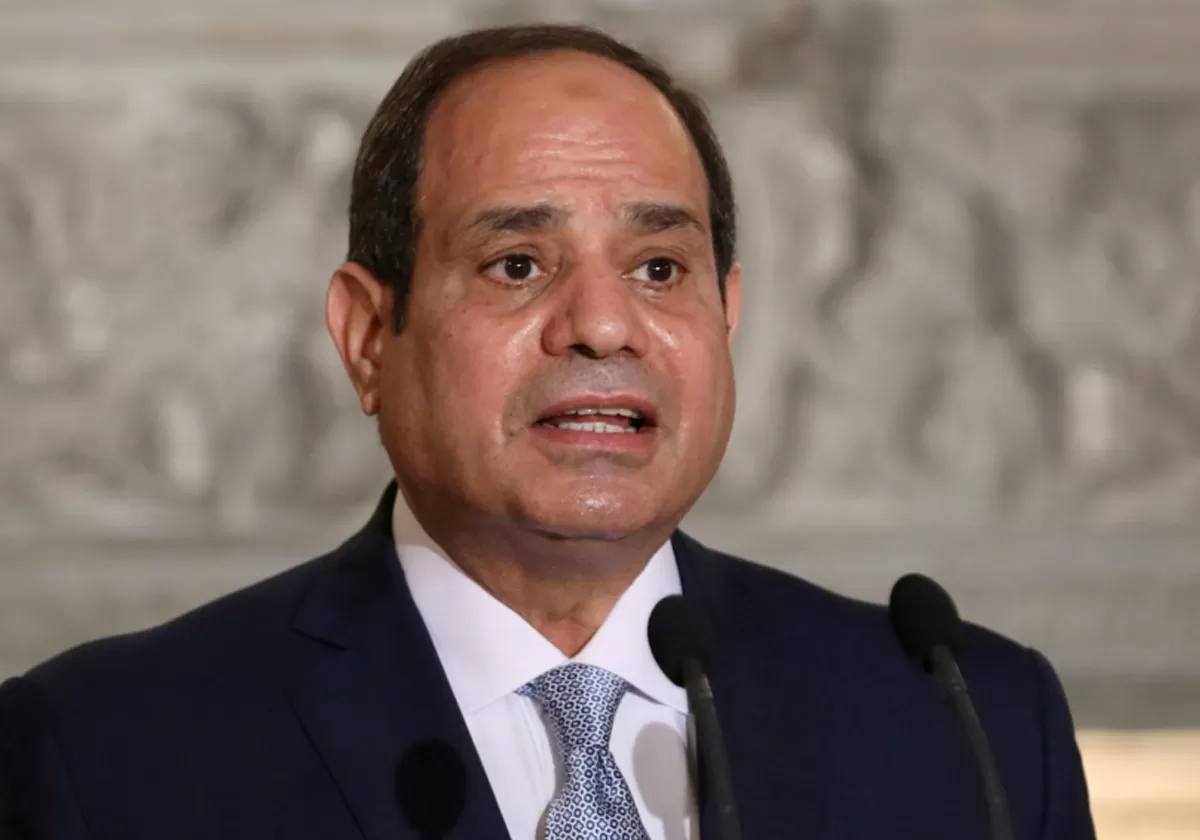Cardin Halts Egypt’s Military Aid Amid Human Rights Concerns

Watan – In a recent editorial, the esteemed Washington Post commented on the decision by Senator Ben Cardin, the chairman of the Senate Foreign Relations Committee, to withhold $235 million in military aid to Egypt until specific human rights conditions are met.
The editorial highlighted that Senator Cardin, the new chair of the Senate Foreign Relations Committee, has sent a powerful signal to Egypt regarding its human rights violations. He announced the suspension of $235 million in foreign military assistance, which had been approved by the Biden administration just weeks earlier, from reaching Cairo. Cardin also indicated he would seek to ban future military aid and arms sales unless Egypt takes “concrete, meaningful, and sustainable steps” to improve its human rights situation.

The Post accentuated the imperative for Egyptian President Abdel Fattah el-Sisi to internalize this message. The retired general has long sidestepped accountability for his role in metamorphosing Egypt into a de facto prison, incarcerating a staggering number of political dissenters, and systematically curtailing freedom of expression. A case that recently garnered attention was the unwarranted arrest and subsequent imprisonment of Hisham Kassem, an esteemed democratic activist and former publisher. Kassem faced a 13-month sentence, a consequence of his critiques against Sisi’s military governance and alleged defamatory remarks against a prior government official.
A Broader Assault on Civil Society
The newspaper considered this case as just the tip of the iceberg in a decade-long, widespread assault on Egypt’s civil society, which includes using pretrial detention to hold protesters, journalists, and opponents for extended periods without formal charges.
Under Sisi’s leadership, Egypt has orchestrated a cyclical pattern of rights violations, releasing some prisoners only to arrest more. In an attempt to sanitize its image, the regime proposed a “national dialogue” with opposition factions. However, activists argue that this dialogue conspicuously omits any discourse on human rights.

Sensitive Information Allegedly Transferred
The Post pointed out that by law, $320 million of U.S. foreign military aid to Egypt is contingent upon improving its human rights record. This includes protecting “freedoms of expression, association, and peaceful assembly”; allowing independent media, civil society, and human rights defenders “to operate without interference”; and “releasing political prisoners and providing due process of law for detainees.”
The Biden administration had announced in mid-September that it would issue a national security waiver allowing Egypt to receive the $235 million in conditional aid, withholding only $85 million.
The newspaper opined that Cardin’s announcement, along with a parallel statement by Gregory Meeks (D-NY), a senior Democrat on the House Foreign Affairs Committee, effectively blocks the entire $320 million from reaching Egypt.
Egypt receives $1.3 billion annually from the U.S., making it one of the largest recipients of American aid. Cardin’s actions come at a time when Egypt is allegedly embroiled in a U.S. political corruption scheme.
The Post posits that while Egypt’s leadership has consistently flouted the human rights of its citizenry, terrorized its opposition, and muzzled independent journalism, the recent U.S. actions necessitate a comprehensive introspection by Cairo. Mere accountability for alleged underhanded dealings won’t suffice; a holistic reevaluation of its human rights practices is imperative.






